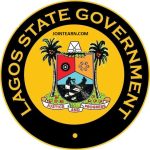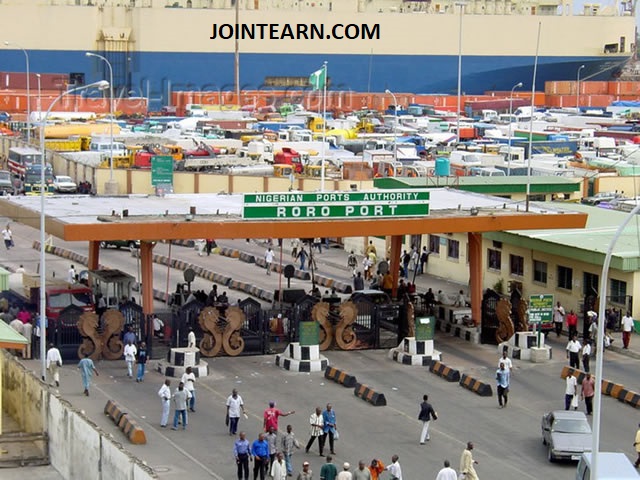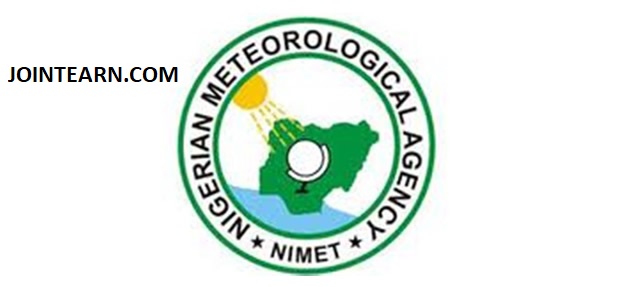A recent U.S. government report has spotlighted Nigeria’s entrenched trade barriers and pervasive port corruption, raising concerns over the country’s business climate and its impact on bilateral trade relations. The report underscores systemic inefficiencies and unethical practices within Nigeria’s maritime sector, which are hindering economic growth and deterring foreign investment.
Trade Barriers Undermining Economic Potential
The U.S. report highlights that Nigeria’s complex trade policies and restrictive practices have created significant obstacles for both domestic and international businesses. High tariffs, convoluted customs procedures, and frequent policy changes contribute to an unpredictable trade environment. These barriers not only inflate the cost of doing business but also discourage potential investors from engaging with the Nigerian market.
The report notes that such trade impediments have led to a decline in Nigeria’s competitiveness on the global stage. Despite being Africa’s largest economy, Nigeria’s share of global trade remains disproportionately low, a situation attributed to its unfriendly trade policies and infrastructural deficits.
Port Corruption: A Persistent Challenge
Corruption within Nigeria’s port operations is identified as a major bottleneck affecting trade efficiency. The report cites instances of bribery, extortion, and other unethical practices perpetrated by port officials and customs agents. These corrupt activities not only delay cargo clearance but also increase the cost of goods, burdening consumers and businesses alike.
Despite efforts by the Nigerian government to reform the Nigeria Customs Service (NCS) and improve transparency, the report indicates that corruption remains deeply rooted. Past incidents, such as the 2024 exposé revealing high-ranking NCS officials accepting bribes from smugglers, exemplify the challenges in eradicating corrupt practices. Although some officials were detained, the lack of prosecutions and their subsequent return to duty highlight systemic issues within the enforcement mechanisms.
Economic Implications and International Relations
The detrimental effects of trade barriers and port corruption extend beyond Nigeria’s borders, affecting its trade relations, particularly with the United States. In 2024, Nigeria exported $5.29 billion worth of commodities to the U.S. while importing $3.88 billion, resulting in a trade surplus that has drawn scrutiny. In response, the U.S. imposed a 14% tariff on Nigerian goods in April 2025, citing the need to address trade imbalances and protect American industries.
The Nigerian government, while refraining from retaliatory measures, has expressed concerns over the tariffs’ potential impact on its economy, particularly the oil sector, which accounts for 90% of its foreign exchange earnings. The Central Bank of Nigeria intervened by selling nearly $200 million to support the naira, highlighting the immediate economic repercussions of strained trade relations.
Calls for Comprehensive Reforms
The U.S. report recommends that Nigeria undertake comprehensive reforms to address trade barriers and port corruption. Key suggestions include simplifying customs procedures, enhancing transparency, and strengthening anti-corruption measures within port operations. By implementing these reforms, Nigeria can improve its business environment, attract foreign investment, and foster sustainable economic growth.
Furthermore, the report emphasizes the importance of regional cooperation through initiatives like the African Continental Free Trade Area (AfCFTA). By aligning its trade policies with regional standards and promoting intra-African trade, Nigeria can diversify its economy and reduce reliance on oil exports.
Conclusion
The U.S. government’s report serves as a critical reminder of the challenges facing Nigeria’s trade and port sectors. Addressing these issues requires concerted efforts from both the government and private sector to implement reforms that promote transparency, efficiency, and economic growth. By tackling trade barriers and corruption head-on, Nigeria can unlock its full economic potential and foster a more conducive environment for business and investment.












